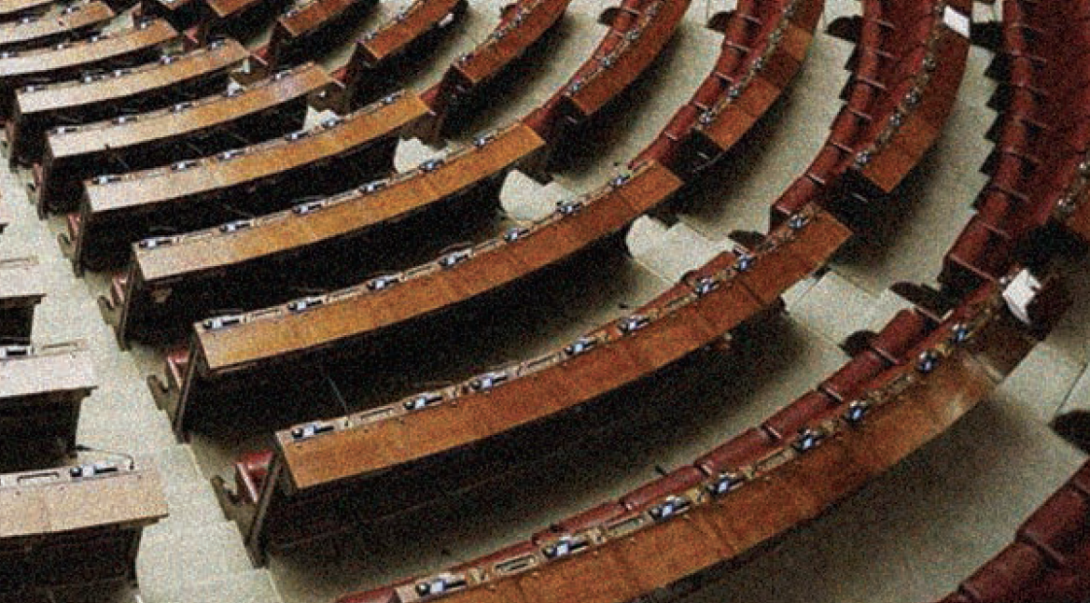VIDEO: Reset Democracy (part 2)
POLITICAL PARTICIPATION AND DIGITALIZATION: RISK OR OPPORTUNITY FOR OUR DEMOCRACY?
Democratic institutions in Western countries are undermined by an unprecedented legitimacy crisis. Over the decades, the professionalization of political careers, the socio-economic homogeneity among elected representatives, and the absence of rotation in office have made politics a world unto itself.
This “democratic fatigue syndrome”, which David van Reybrouck mentions in his book Against Elections, is a disorder that affects countless Western societies. However, it has not yet been fully described and analysed.
The phenomenon blights our societies, it causes disinterest in politics and the emergence of populist and anti-democratic movements. Why is this happening? How can we find solutions to break through this impasse and boost the engagement of citizens in public life? In a nutshell: how can we reset democracy?
With regard to these issues, we have invited historians, political scientists, journalists and essayists to take part in a series of public debates. The aim of these debates is to exchange views, analyse the situation and propose a cure for democracy, the great invalid of the Western world.
Tuesday 14th March 2017 - 8PM
POLITICAL PARTICIPATION AND DIGITALIZATION: RISK OR OPPORTUNITY FOR OUR DEMOCRACY?
With: Luca De Biase & Constanze Kurz
Moderator: Jacopo Barigazzi
Luca De Biase is a historian, author, and journalist of the Italian daily Il Sole 24 Ore. He is the founder and editor of Nòva24, the weekly technology and new media insert of Il Sole 24 Ore. He teaches at the University Bocconi in Milan, and at the Universities of Padua, Pisa and Trieste.
Constanze Kurz is a German journalist and essayist. She has written and edited several books on the effects of new technologies and digitalization on our lives and on our future. In 2013 she was awarded the Theodor Heuss Medal for exemplary democratic behaviour.
